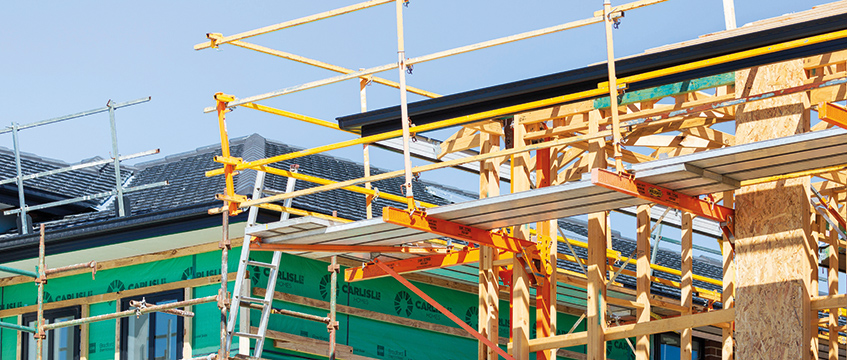COMMENT: There is a critical window for property professionals to direct how proptech will affect cities and suburbs from the ground up and on a global scale, says Leila Collins, senior associate, MetaProp NYC.
Historically, property and technology were separate industries: real estate was a local business and tech was a global business.
Property businesses scaled neighbourhood by neighbourhood over the course of decades, whereas tech companies scaled regionally or even globally over the course of years.
As property becomes tech-enabled and technology investors are betting on real estate to change at the pace of tech, the pace of change in the built environment is bound to increase rapidly.
What will that change look like and what ripple effects will we see in our cities and suburbs?
After decades of limited investment in technology for the real estate sector, we now see in Silicon Valley pouring capital into proptech start-ups and institutional capital seeding dedicated proptech funds.
In 2017, investment into proptech reached a high with $12.6bn invested. This past year we saw a slight tempering of the market with only $9.6bn invested, as reported by Commercial Observer.
Blue chip megafunds such as SoftBank’s Vision Fund, Bain Capital, Khosla, Andreessen Horowitz and many others continued to demonstrate a commitment to the space, while several new funds dedicated just to proptech with hundreds of millions of assets under management emerged.
As the valuations of proptech companies continue to soar and the growing pot of capital races to keep up, property companies are leaning significantly into technology for the first time.
Many of the largest operators and owners are branding themselves more as tech companies than as property companies.
Still, the industries are operating separately – impact and returns on property development are still slow and hyper-local. Investing in property and technology is still done largely separately and managed by separate teams.
But soon technology companies will be poised to transform the way neighbourhoods are built and managed, from site selection to design to disposition.
Since technology companies scale regionally and globally, we are likely to see more standardisation across the industry and in our neighbourhoods. This could have several effects on our experience of the built environment.
For example, increasingly, buildings and the space between them could begin to feel familiar and standardised – in every corner where technology solutions are being sold to the real estate industry.
From a financial perspective, the adoption of technology could offer huge opportunities for investors and operators to increase efficiencies and margins.
Together, the venture and property industries can address some of our biggest problems from climate change to affordability.
The social impact of these technological interventions largely rests with what the property industry is demanding. It is up to those who build, manage and sell real assets to decide the technologies that are adopted and the impact they have on the challenges we face today.
Our cities and suburbs are hitting an inflection point with rising sea levels, an influx of refugees that is only predicted to increase and rising inequality.
Even socially responsible property companies are ill-equipped to solve these problems because their product scales slowly and locally. Property investors expect single or sometimes double-digit returns over the course of decades.
Venture capitalists expect at least a 1,000% return in less than a decade. Property investors cannot have an investment go to 0, venture capitalists expect many investments to go to 0. This disconnect limits the larger impact that technology could have on cities and suburbs.
But paired with technology, property companies have the opportunity to leverage technology to scale globally and quickly, generating social impact and bigger returns than ever before.
This is a unique moment in history for cities and suburbs. The way in which the property industry embraces technology to solve urban and suburban problems could have an enormous impact on society.











